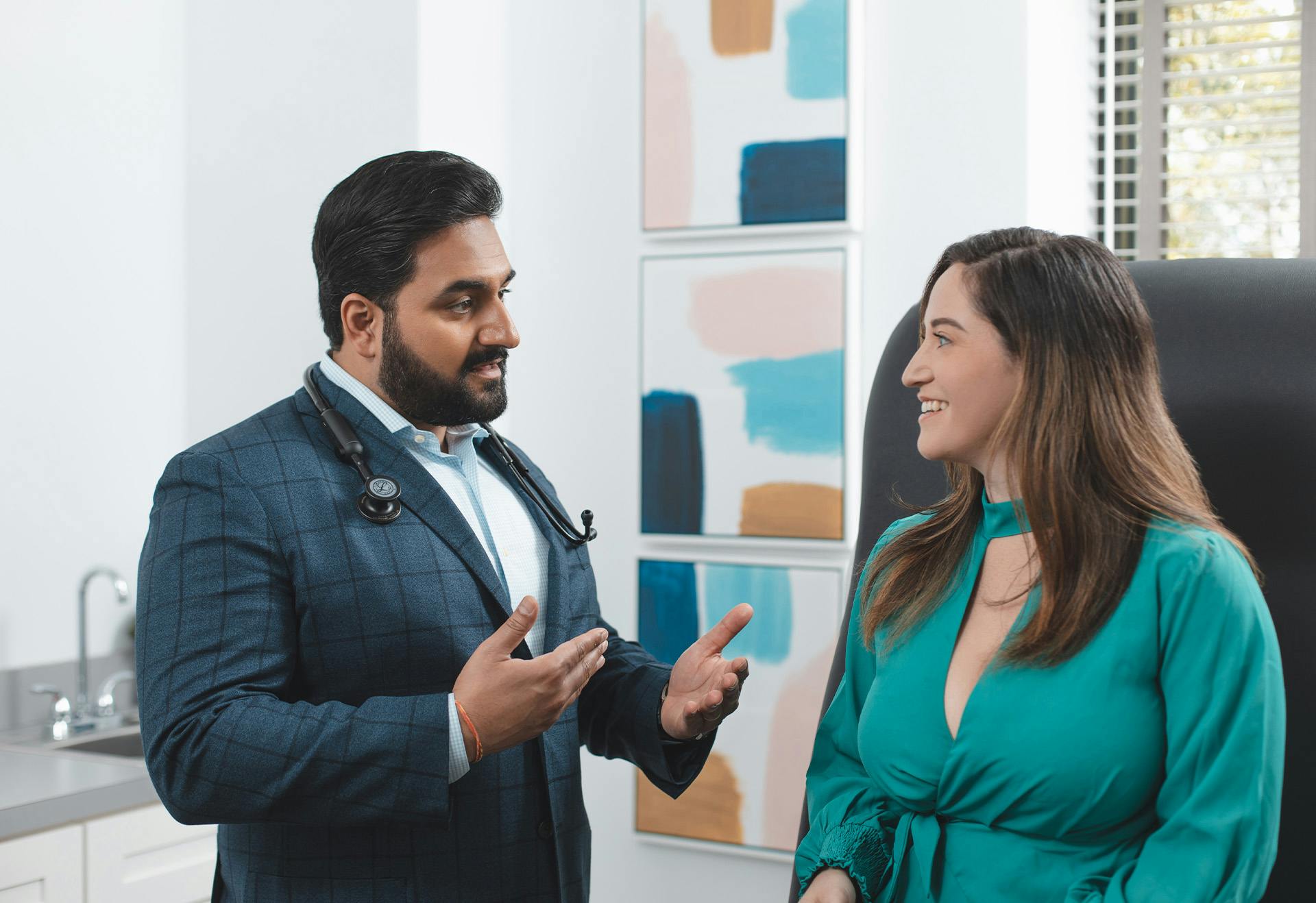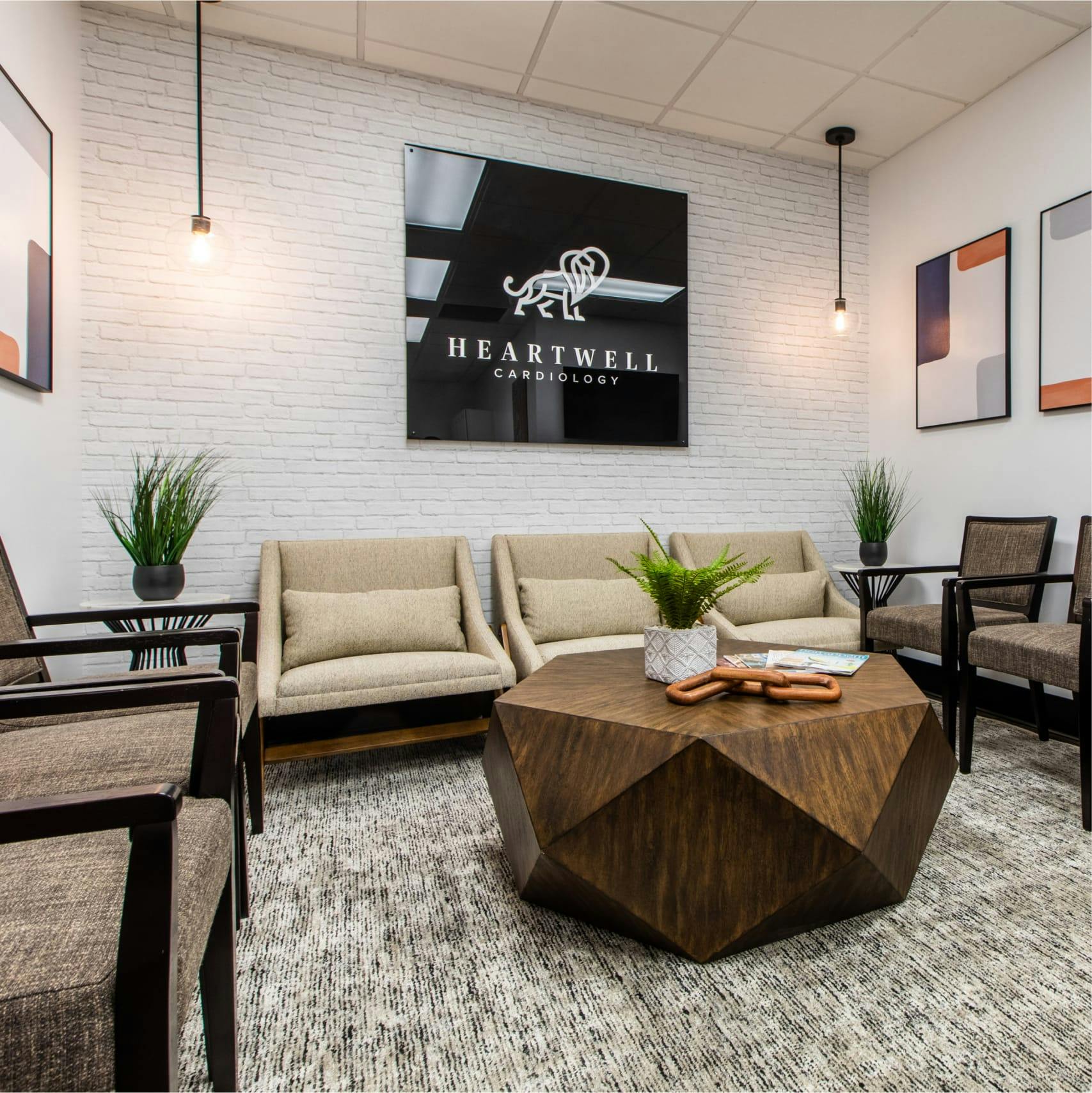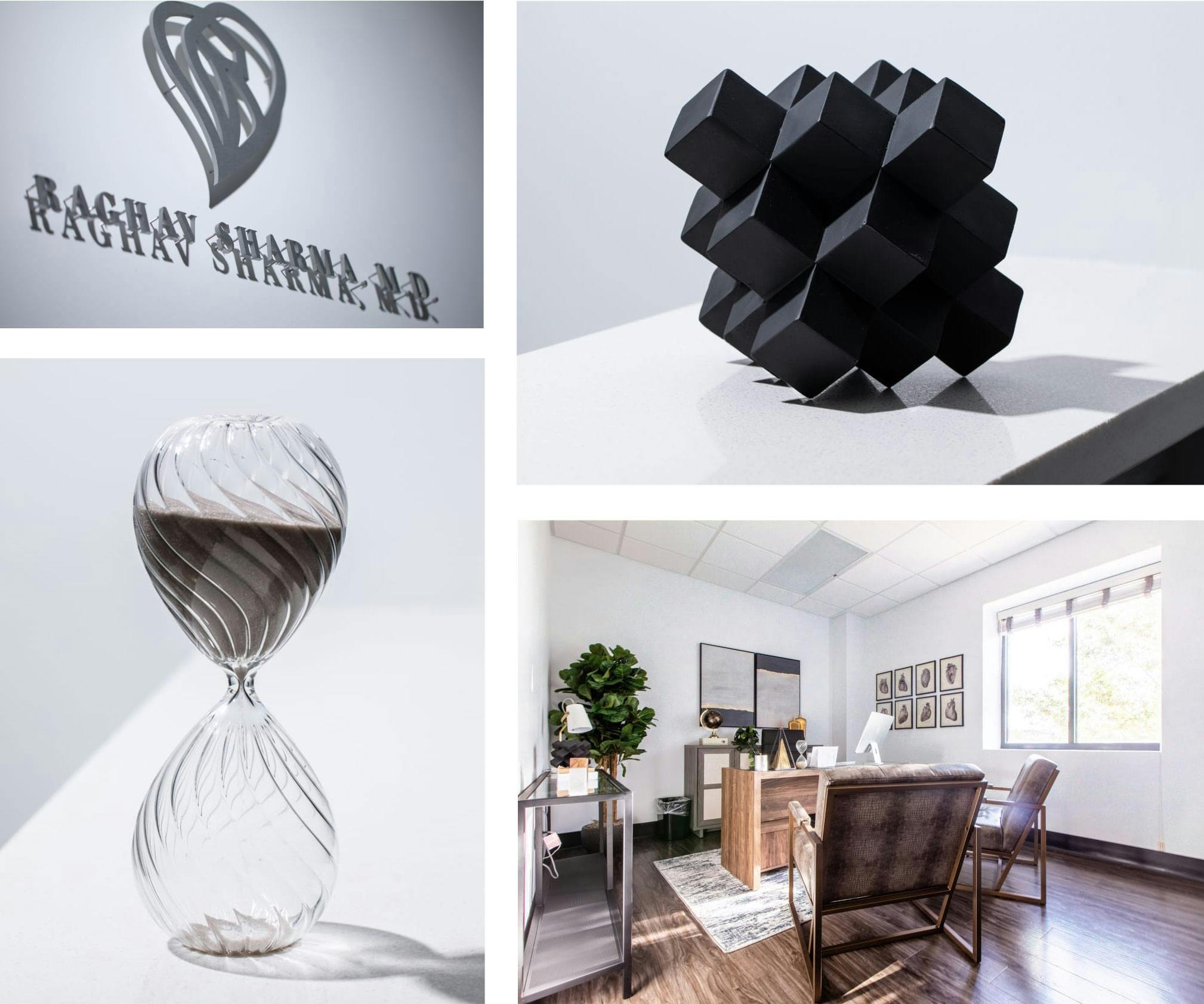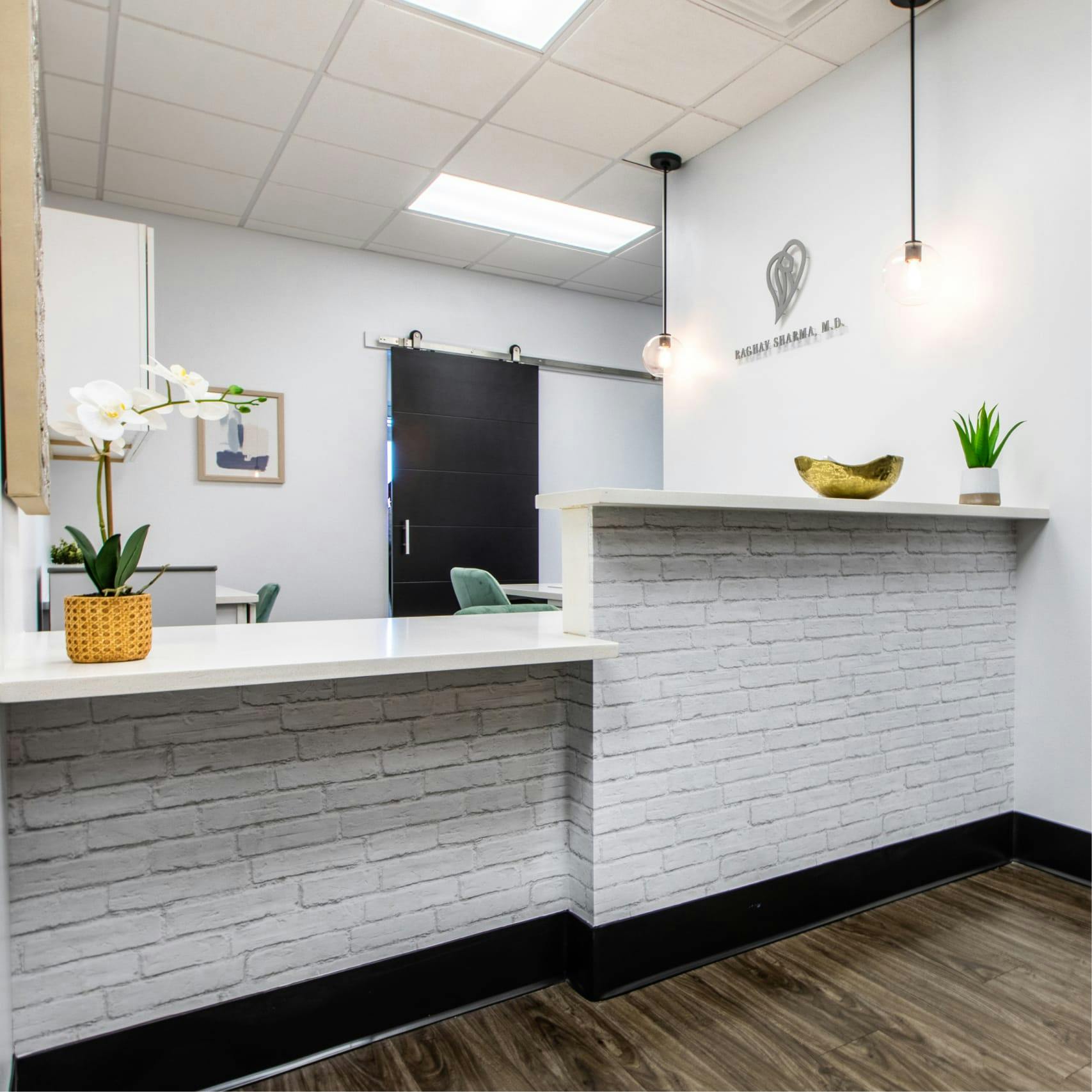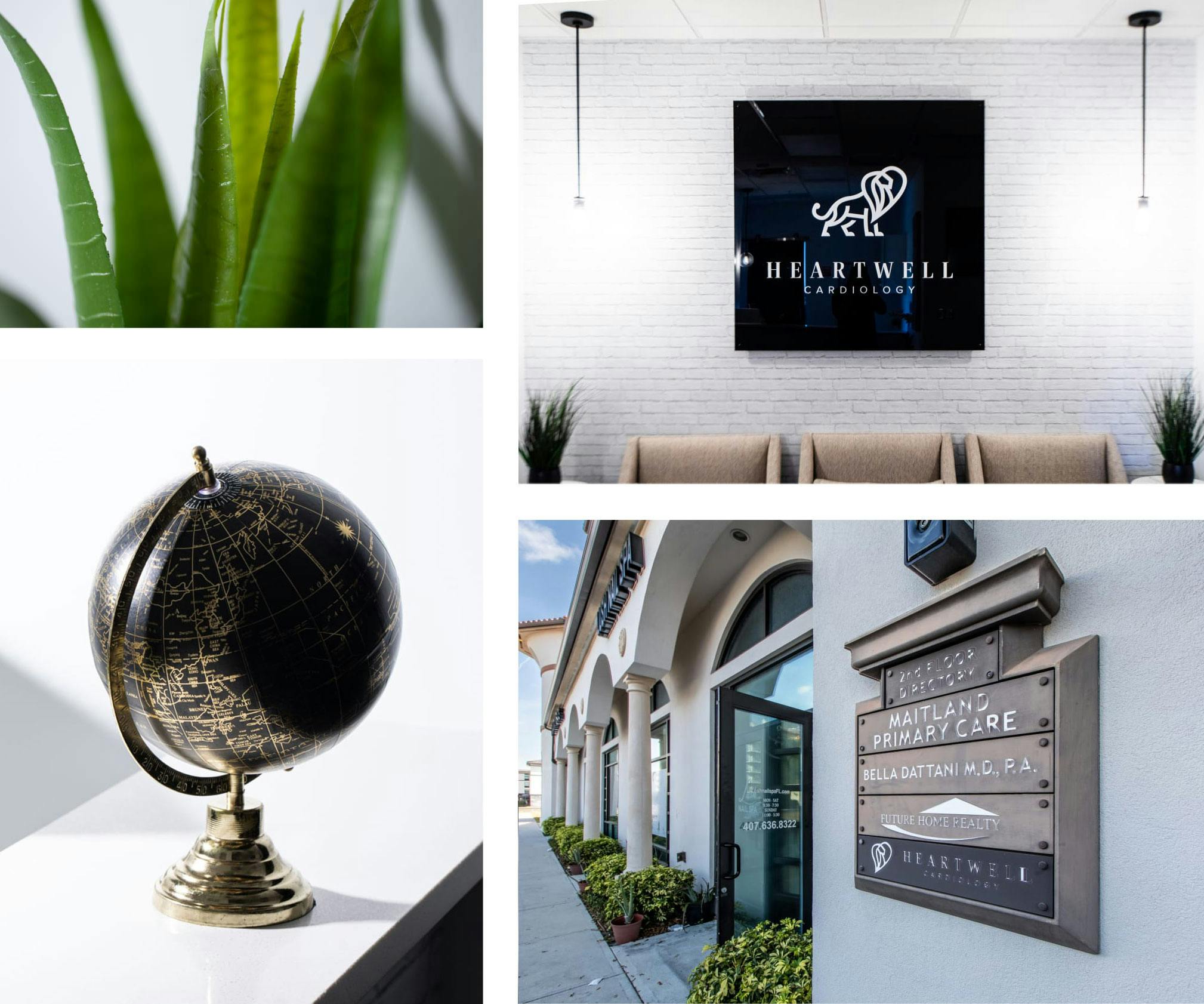A vascular ultrasound is a critical test when it comes to diagnosing conditions that affect the body’s arterial systems – both in the heart and throughout the body.
What is a Vascular Ultrasound?
A vascular ultrasound is a study conducted to measure the efficiency and amount of blood flowing through the arteries and veins. The test applies advanced and sophisticated sound wave technology. Sound waves are produced by an ultrasound wand that’s pressed against your skin and these waves move through your skin, tissues, and blood vessels which they echo off of to produce feedback. This feedback is reported to a computer and translates as imaging. There are various types of ultrasound technologies, and which is used for your vascular ultrasound depends on what Dr. Sharma is looking for.
